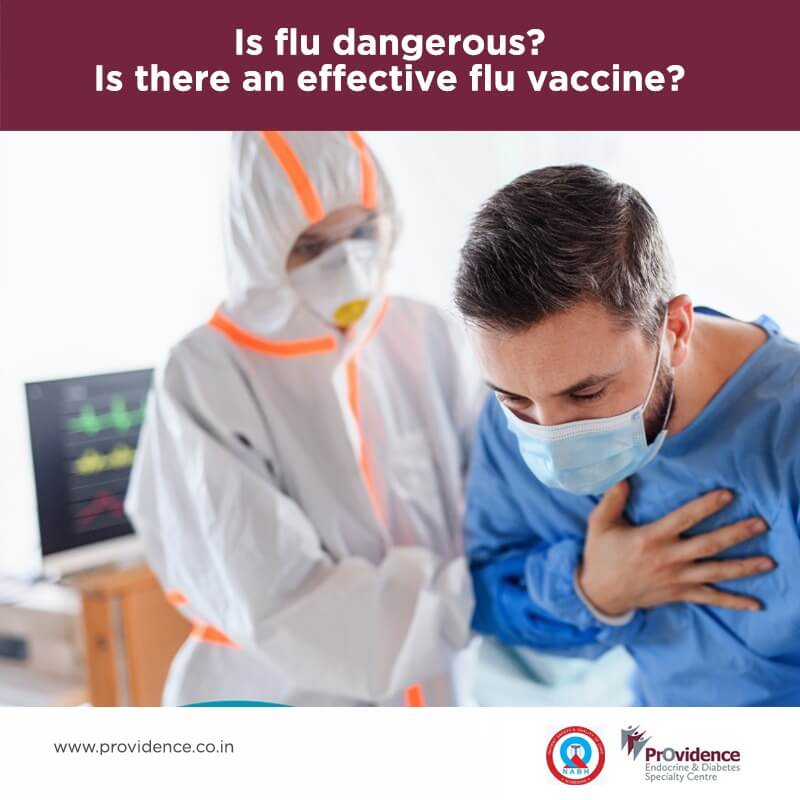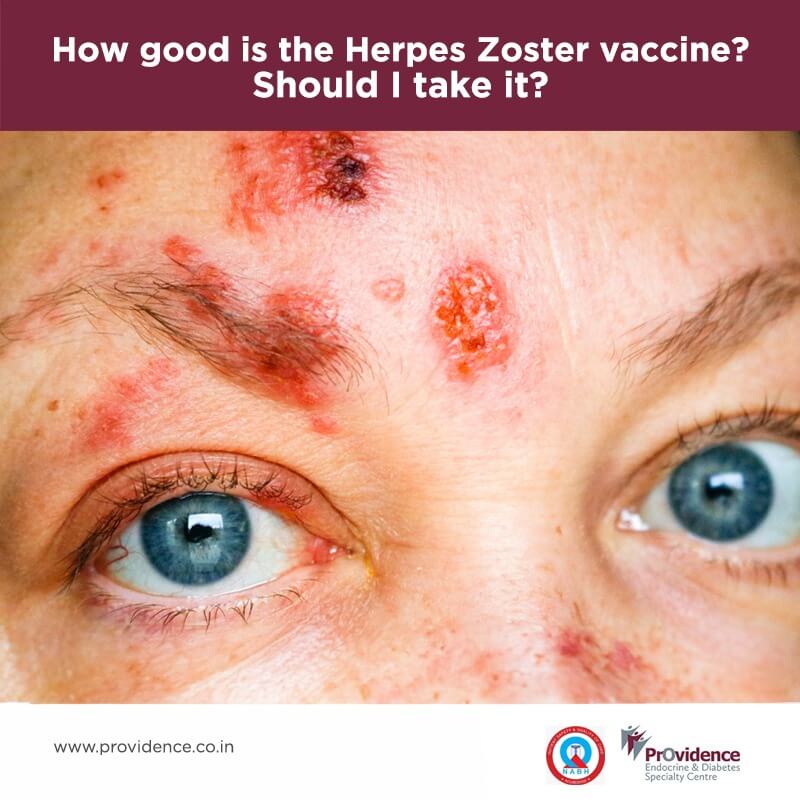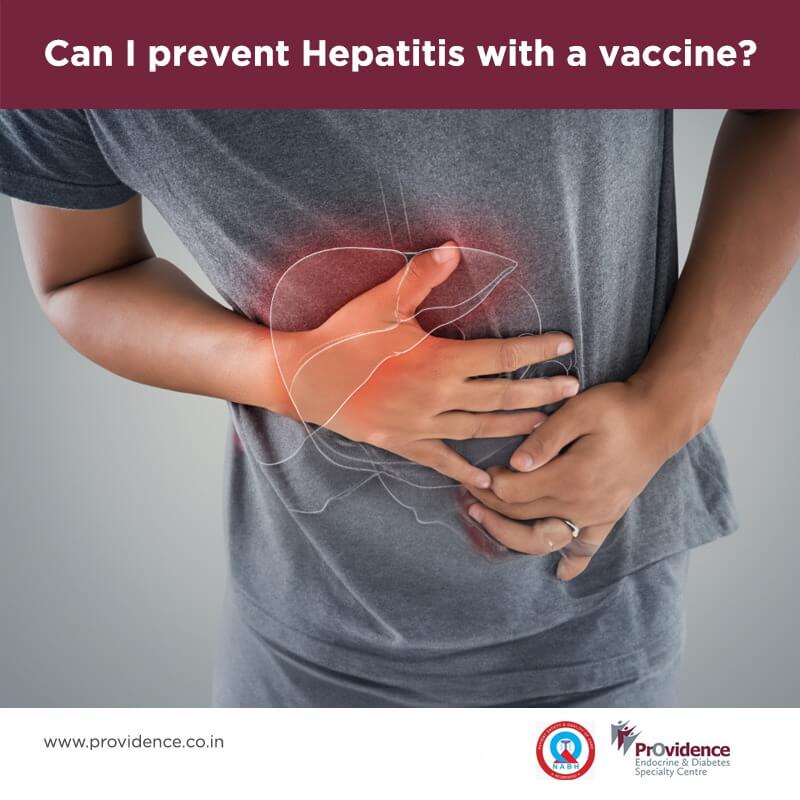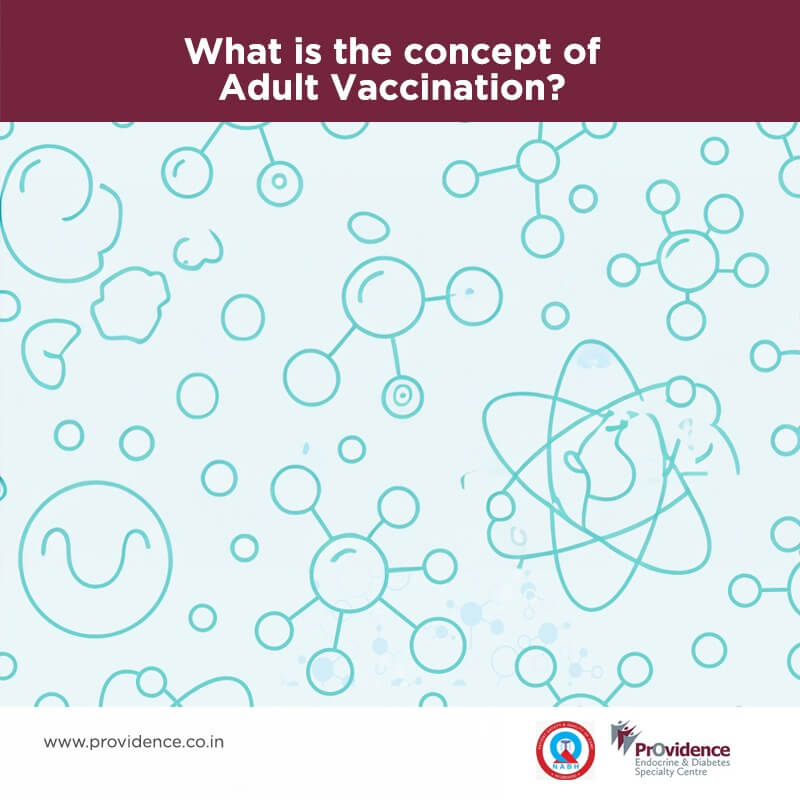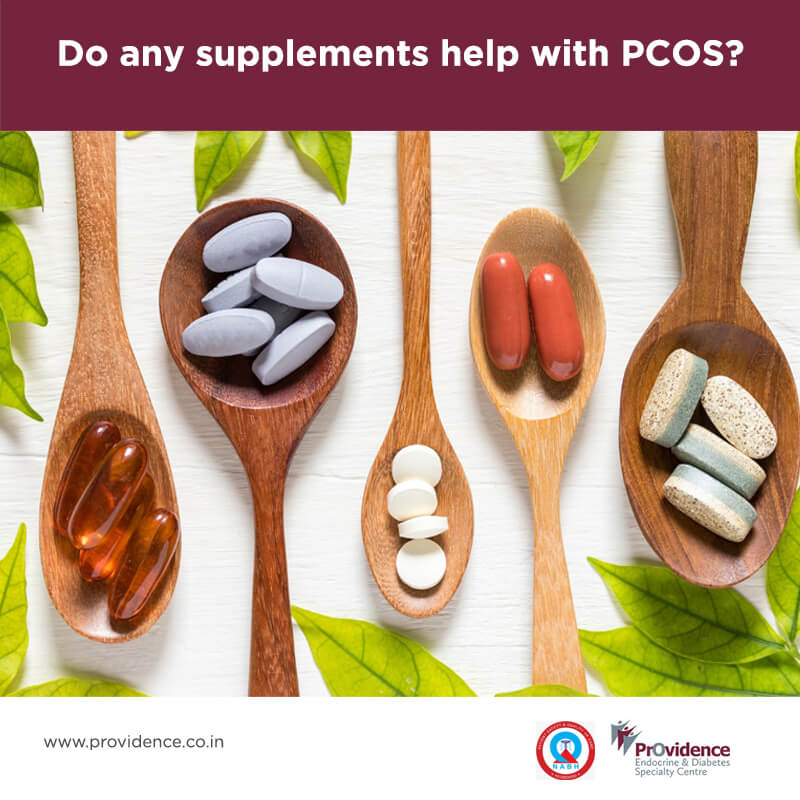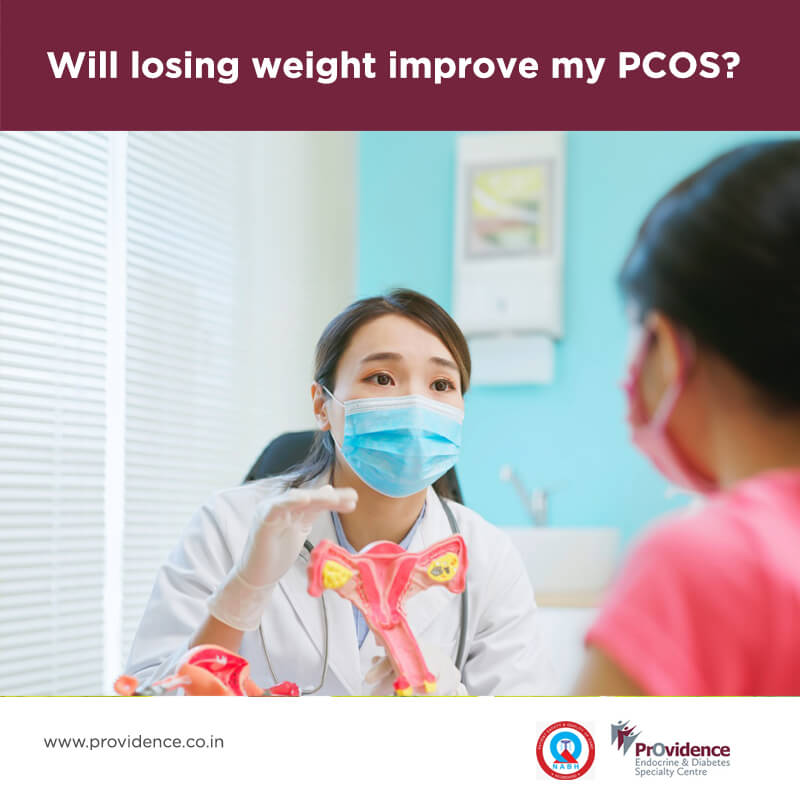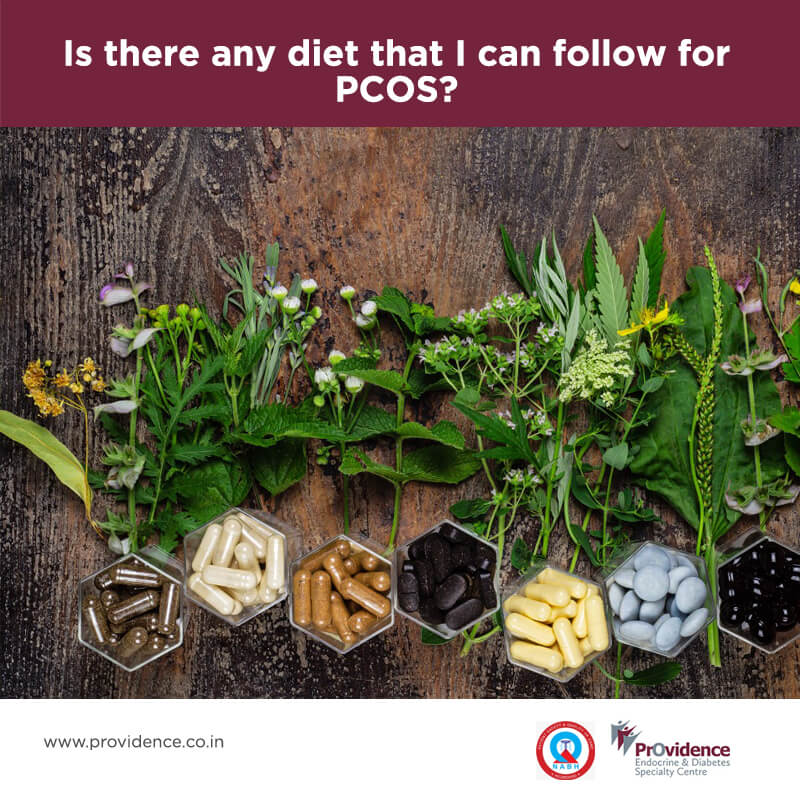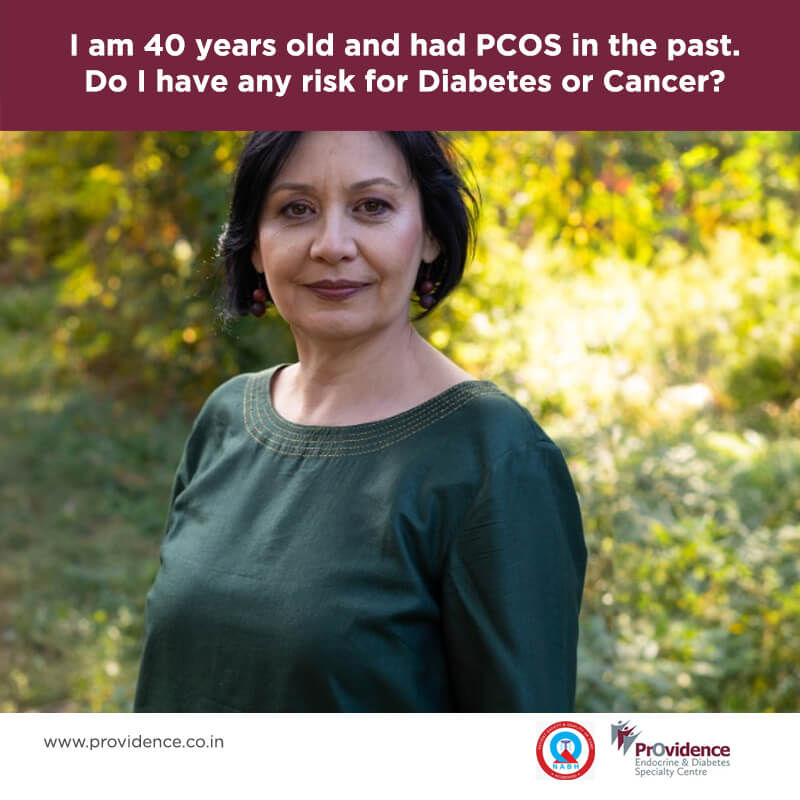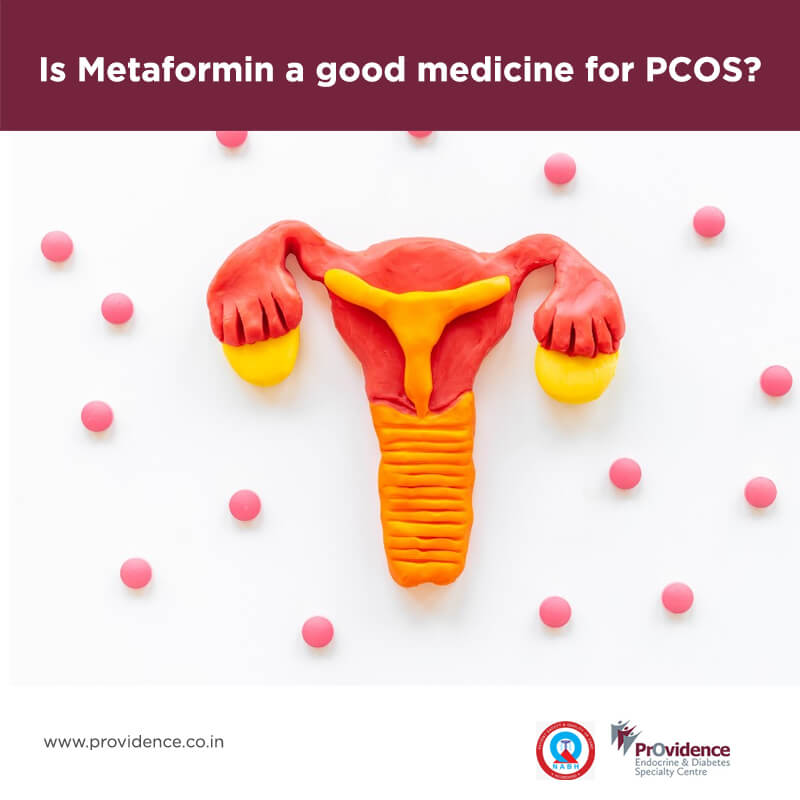Influenza, often called the flu, is an infection of the nose, throat and lungs. The flu is caused by a virus. The reports of illnesses and deaths by the H1N1 virus and H3N2 virus reported in the news recently are various varieties of flu.
Most people with the flu get better on their own. However, influenza can cause severe complications for some groups of people. In general, people at higher risk for complications are young children, especially children aged 12 months and younger, pregnant women, adults over age 65 and people with certain medical conditions like asthma, diabetes, kidney & liver diseases, etc. Flu is well known to trigger heart attack and stroke in older people. In people 65 years of age and older, flu-related hospitalisation and deaths are increasing each year.
Flu vaccination prevents more than 100,000 flu-related hospitalisations annually. The flu vaccine has been shown to reduce the risk of having to go to the doctor with flu by 50%, resulting in less hospitalisation, fewer ICU admissions, and fewer deaths. Also, among people with diabetes and other chronic diseases, flu vaccination has been shown to be associated with reduced hospitalisations due to the worsening of their chronic conditions. More people getting vaccinated with the flu vaccine will prevent the spread of infection.
In many countries, flu vaccination is a part of their national immunisation program. This includes the USA, the UK, many European countries and Gulf countries. It is taken as an annual vaccination. Speak to your doctor whether you require a flu vaccine.
Dr. Tittu Oommen MD, DM



